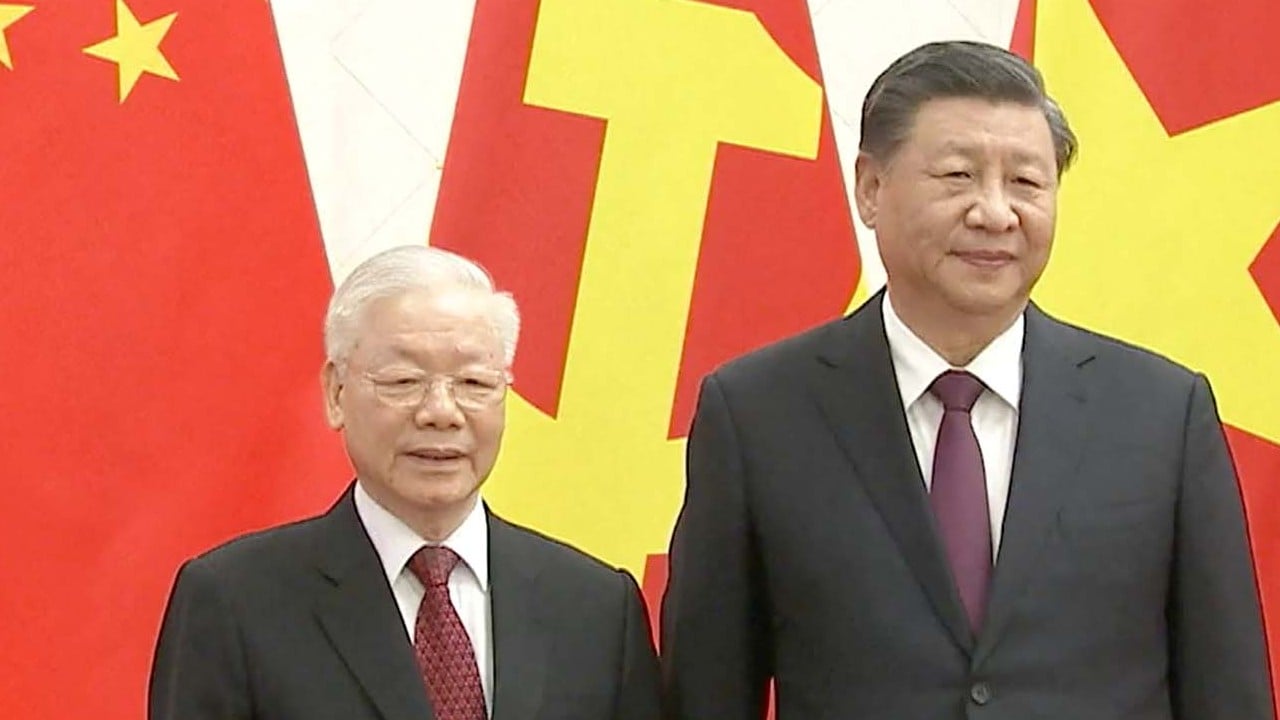
Buzz around China’s reopening underscores its importance to global economy
- Beijing’s vow to prioritise growth and global connections is the confidence boost the world needs
- As a major source of trade and investment, and with an ever-growing circle of friends and partners, the significance of China’s return cannot be overstated
Doubts about China’s direction in 2023 were laid to rest by Liu. “We will strive to maintain reasonable economic growth and keep prices and jobs stable,” he said. “More focus will be placed on expanding domestic demand, keeping supply chains stable, supporting the private sector, reforming the state-owned enterprises, attracting foreign investment, and preventing economic and financial risks.”
“If we work hard enough, we are confident that growth will most likely return to its normal trend in 2023, and the Chinese economy will see a significant improvement. A noticeable increase of imports, more investment by companies, and consumption returning back to normal can be expected.”
Some global market analysts have reached the same conclusion as Liu. Byron Wien, a strategist at US private equity company Blackstone, predicted 10 surprises in 2023, including this: “China edges toward its growth objective of 5.5 per cent and works aggressively to re-establish strong trade relationships with the West, with positive implications for real assets and commodities.”

In his speech, Liu affirmed that China’s policymakers “must always promote all-round opening up”. He described this as one of the “five musts” that have contributed to China’s achievements over the last decade. Another “must” is to make “a socialist market economy the direction of our reforms. We must let the market play a decisive role in the allocation of resources, and let the government play a better role”.
“Therefore, the new development paradigm of dual circulation is to be pursued in an open economy. China’s national reality dictates that opening up to the world is a must. We must open up wider and make it work better.”
China ranked third as a source of foreign direct investment from 2012 to 2021, over which period the capital stock of China’s FDI abroad has soared from less than US$600 billion to over US$2.7 trillion.

“China is also ready to work with the Association of Southeast Asian Nations to practise true multilateralism and open regionalism.” China has reaffirmed that the Asean is a key priority in its neighbourhood diplomacy and a key region for high-quality cooperation on the Belt and Road Initiative.
China is also a major driving force behind the expansion of the BRICS (Brazil, Russia, India, China and South Africa) organisation, setting an example of cooperation and seeking strength through unity among emerging markets and developing countries.
With the pandemic increasingly under control, there is renewed focus on the world’s most populous market. China is determined to stay on the course of opening up and reform, it is ready to play a bigger role on the global stage, and will create many more opportunities for the world.


